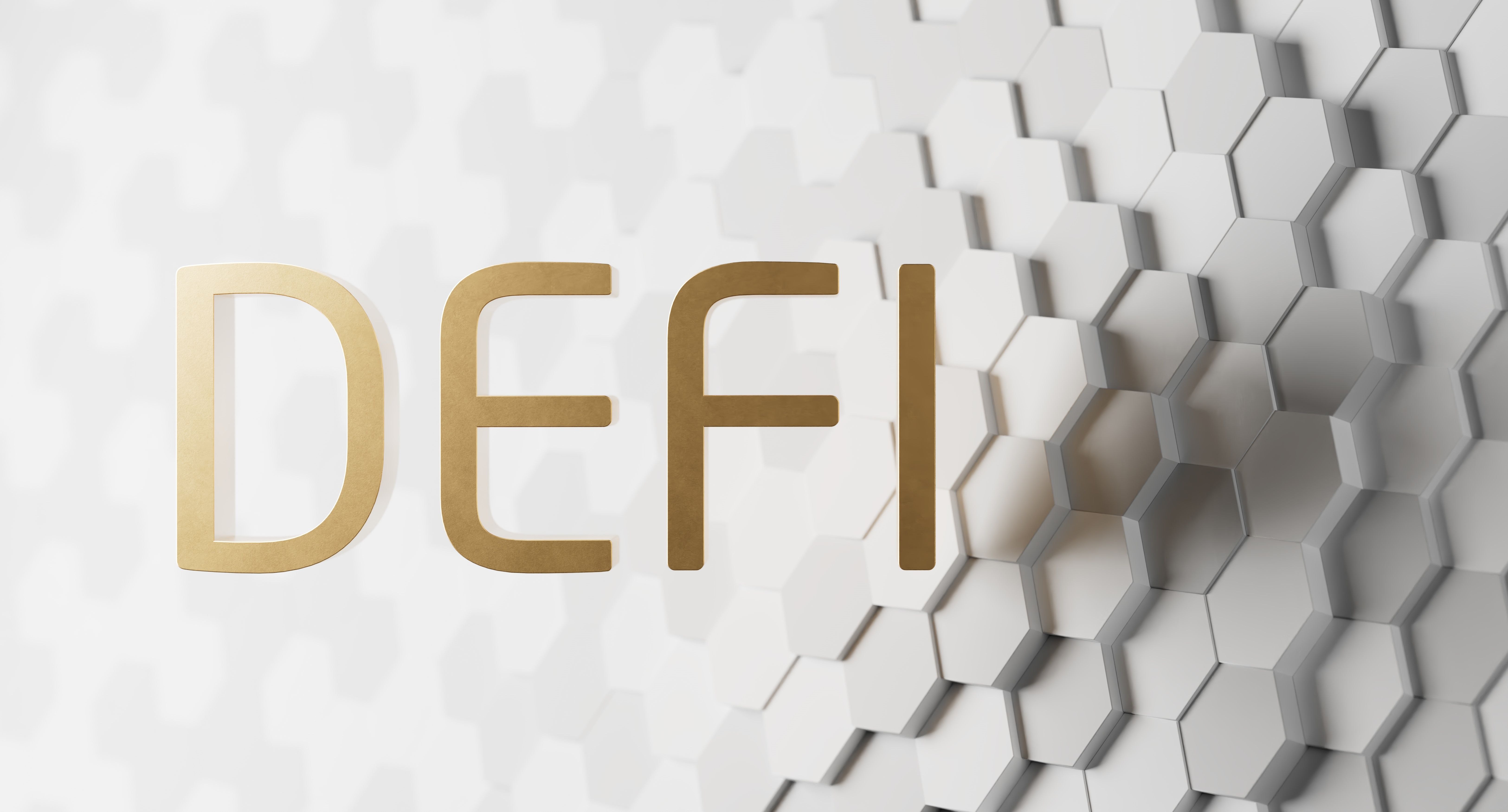The Future of Real Estate: Web3, DeFi, and Tokenization Transforming Global Investment Strategies
Understanding Web3 in Real Estate
The integration of Web3 technology into the real estate sector marks a significant evolution in how properties are bought, sold, and managed. Web3, the next generation of internet infrastructure, emphasizes decentralization and user empowerment. It allows for a more seamless and secure interaction between parties through blockchain technology. This shift is poised to revolutionize the real estate market by making transactions more transparent and accessible.
Incorporating Web3 into real estate means that buyers and sellers can conduct transactions directly, without intermediaries like banks or brokers. This not only reduces costs but also speeds up the transaction process. The decentralized nature of Web3 ensures that all data is secure and immutable, providing unparalleled trust and accountability.

The Role of DeFi in Real Estate Investment
Decentralized Finance (DeFi) is another transformative force in the real estate industry. DeFi leverages blockchain technology to provide financial services without traditional intermediaries. In the context of real estate, DeFi can democratize access to investment opportunities, allowing more people to participate in property markets globally.
Through DeFi, investors can lend or borrow funds using cryptocurrencies, thus bypassing traditional banking systems. This opens up new avenues for real estate financing and investment, particularly in regions where conventional banking services are limited or inaccessible. With DeFi, real estate investments become more liquid, allowing investors to enter and exit positions with greater ease.

Tokenization: A New Era for Property Transactions
Tokenization is the process of converting a physical asset, such as a real estate property, into a digital token on a blockchain. This innovation allows properties to be divided into smaller units, making it possible for a larger pool of investors to own a fraction of a property without needing to purchase the entire asset.
By tokenizing real estate, property owners can unlock liquidity and gain access to capital that was previously tied up in physical assets. Investors benefit by having the ability to diversify their portfolios across various properties and geographical locations with minimal entry costs.

Advantages of Real Estate Tokenization
The benefits of tokenization extend beyond just liquidity. Tokenized real estate can significantly reduce transaction times and costs, as blockchain technology automates much of the verification process. Additionally, it enhances transparency by maintaining a clear, immutable record of ownership and transactions.
- Increased liquidity and access to capital
- Lower transaction costs and faster processing times
- Enhanced transparency and security
- Diversification opportunities for investors
Challenges and Considerations
While the integration of Web3, DeFi, and tokenization presents many opportunities, there are also challenges to consider. Regulatory uncertainty is a significant hurdle, as governments worldwide are still determining how to regulate these emerging technologies within the real estate sector. Additionally, technical complexities and the need for widespread education on these technologies pose challenges for adoption.
Investors and developers must stay informed about regulatory changes and technological advancements to navigate this evolving landscape successfully. Collaborating with experts in blockchain technology and legal frameworks will be crucial for those looking to leverage these innovations in real estate.

The Global Impact on Real Estate Investment Strategies
The adoption of Web3, DeFi, and tokenization is set to transform global real estate investment strategies. Investors will need to adapt to new models that prioritize digital assets and decentralized systems. These changes promise to make real estate more inclusive and efficient on a global scale.
As these technologies mature, we can expect increased collaboration between traditional financial institutions and blockchain-based platforms. This synergy will drive further innovation and accessibility in the real estate market, reshaping how properties are bought, sold, and invested in around the world.
